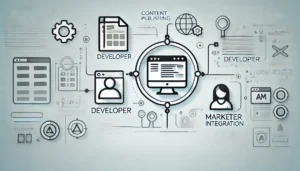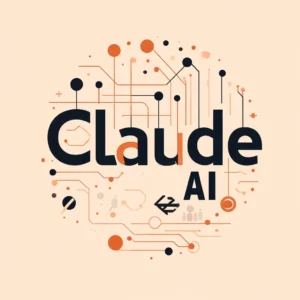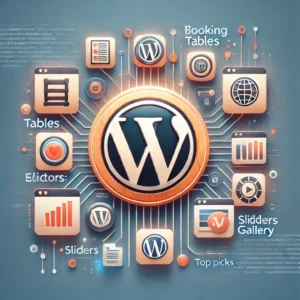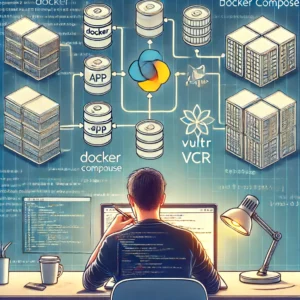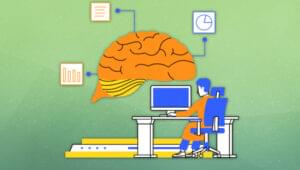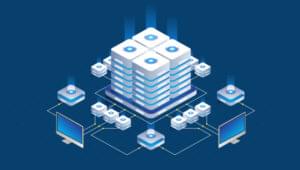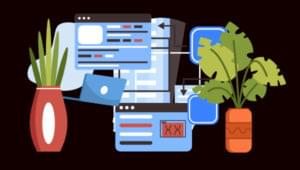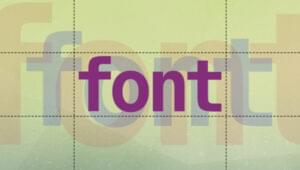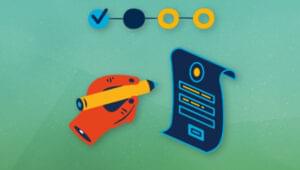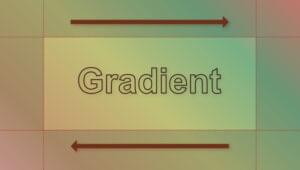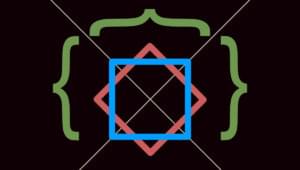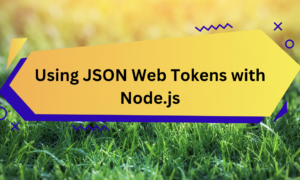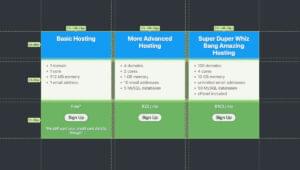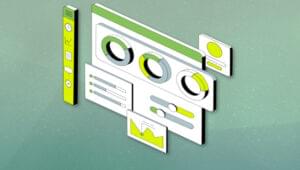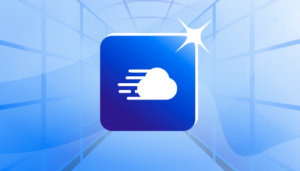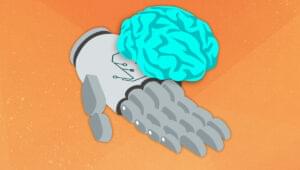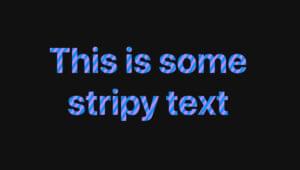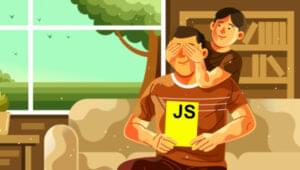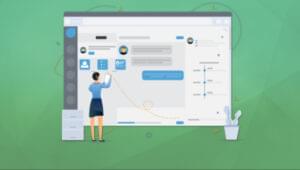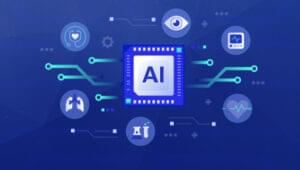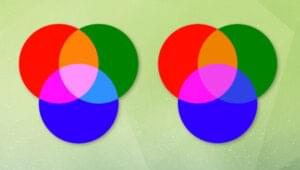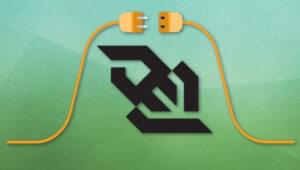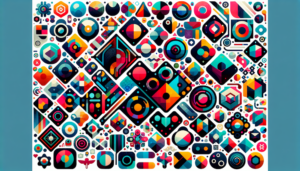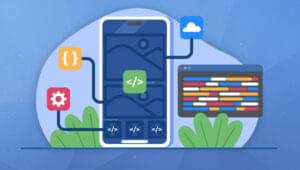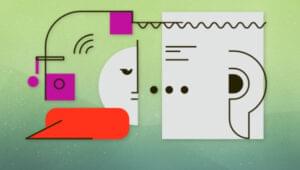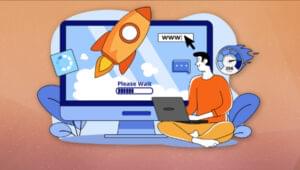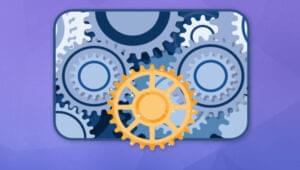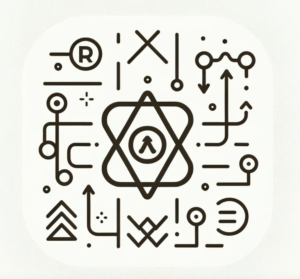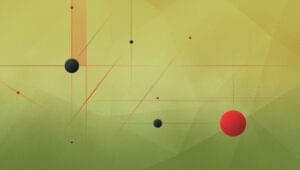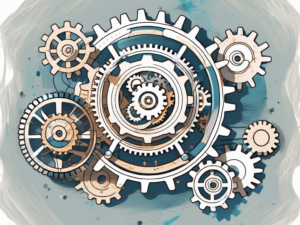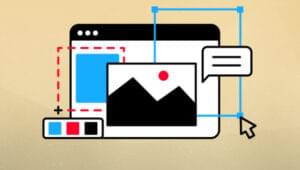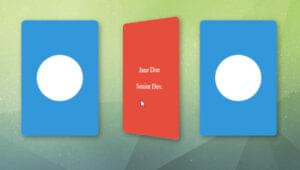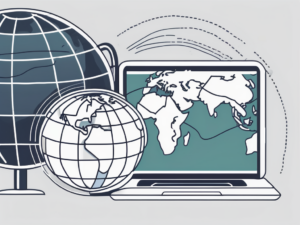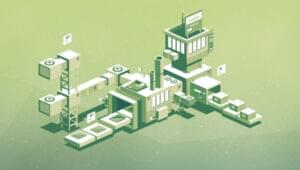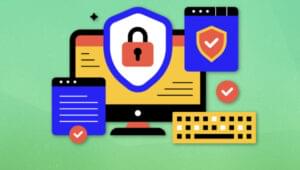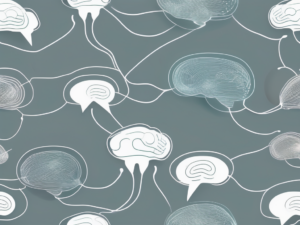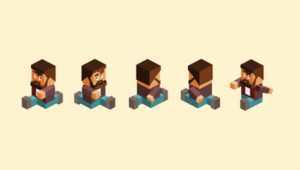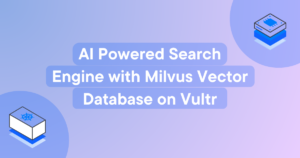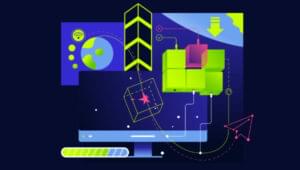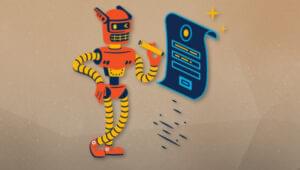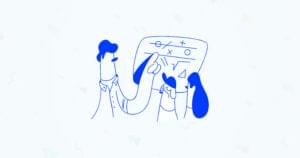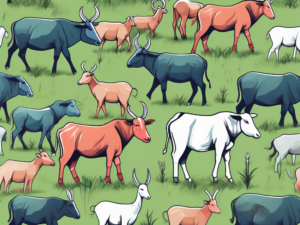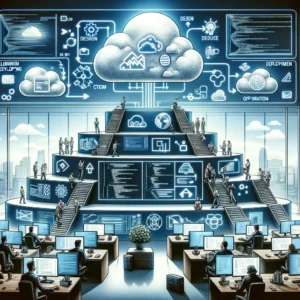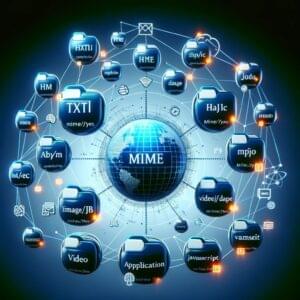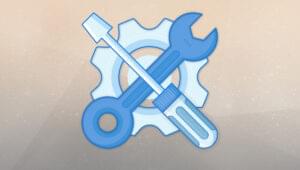 That’s the question of the week from AJAX developer Brad Neuberg and Ajaxian editor Dion Almaer. The “Open Web” is a term that’s been bandied about a lot over the past year or so, and semantically speaking, it’s starting to feel a lot like Web 2.0 — a term that everyone uses but no one can really define.
That’s the question of the week from AJAX developer Brad Neuberg and Ajaxian editor Dion Almaer. The “Open Web” is a term that’s been bandied about a lot over the past year or so, and semantically speaking, it’s starting to feel a lot like Web 2.0 — a term that everyone uses but no one can really define.
Neuberg took a stab at it himself in April, with a long definition that defined the Open Web as “a set of philosophies.” Those philosophies included decentralization, transparency, hackability, openness, support for gift markets and traditional free markets, third-party integration, third-party innovation, the promotion of civil society and discourse, two-way communication, and end-user usability and integration.
IF that sounds like a mouthful, it’s because it is. Neuberg’s attempt at defining the concept has gone a long way toward creating a concrete definition about the ideas that power the Open Web and how and when the term should be applied, but it is not the concise, easily repeatable definition that we all crave. Earlier this week, Neuberg sought an elevator pitch for the Open Web. He asked his readers for a definition that wasn’t a laundry list of bullet points, as his previous definition was, is just a couple of sentences long, and didn’t constrain the growth of the future web. Clear, concise, compact, complete is the type of definition the Open Web needs.
“We toss around the term Open Web a bunch, but I’ve never seen it succinctly defined. What is it, and why do we support it? I believe its important and worth supporting but it’s all a bit fuzzy right now,” wrote Neuberg.
At SXSW in 2007, Brendan Eich from Mozilla defined the Open Web with his own short list of bullet points:
- Unencumbered, Cross-Platform Standards
- Open Source / Free Software Implementations
- No Single-Vendor “Lock-In”
- User Innovation Network Effects
- Distributed Extensibility
Taken all together, Eich’s and Neuberg’s laundry list definitions are certainly not succinct. A clear, concise definition is important because defining important concepts like the Open Web help to solidify our vision of the future and how to get there. And the Open Web is important. As Kevin Dangoor wrote in April, “In the end, [the Open Web] all about the ability to ensure that the web will evolve in a way that serves the end users well.”
So we’d like to turn it over to you. In the comments, give us your best definition of what the Open Web means.
 Josh Catone
Josh CatoneBefore joining Jilt, Josh Catone was the Executive Director of Editorial Projects at Mashable, the Lead Writer at ReadWriteWeb, Lead Blogger at SitePoint, and the Community Evangelist at DandyID. On the side, Josh enjoys managing his blog The Fluffington Post.

